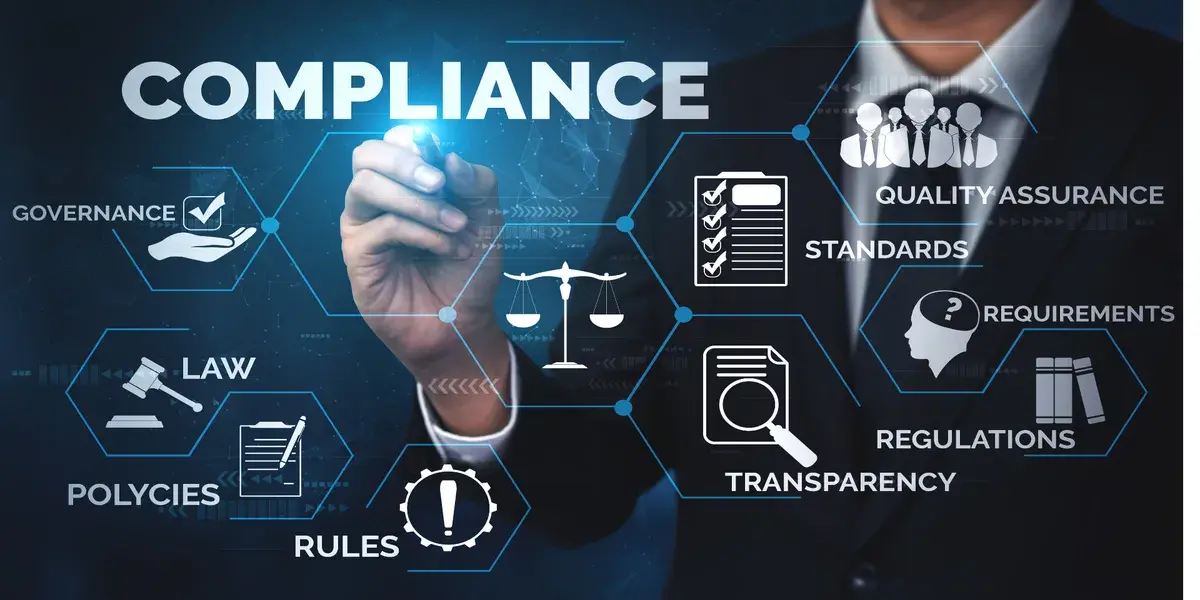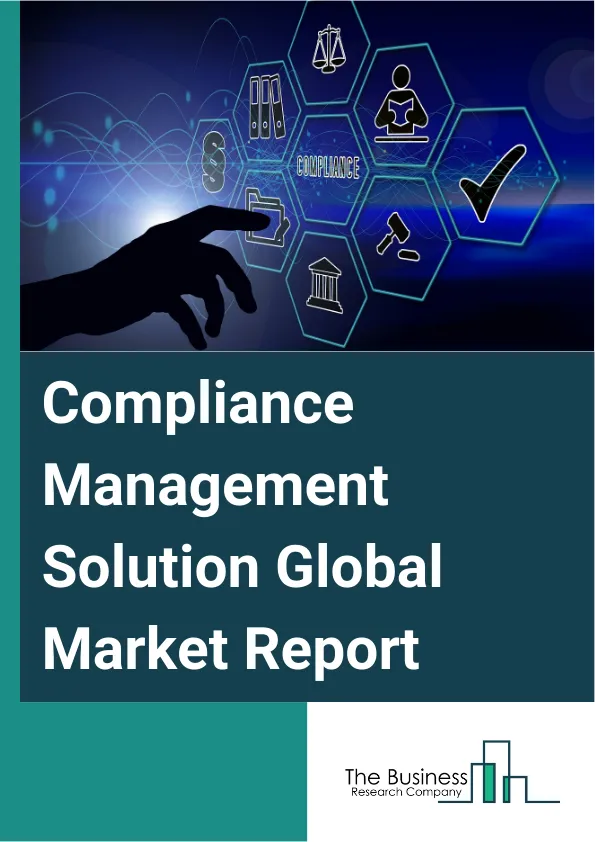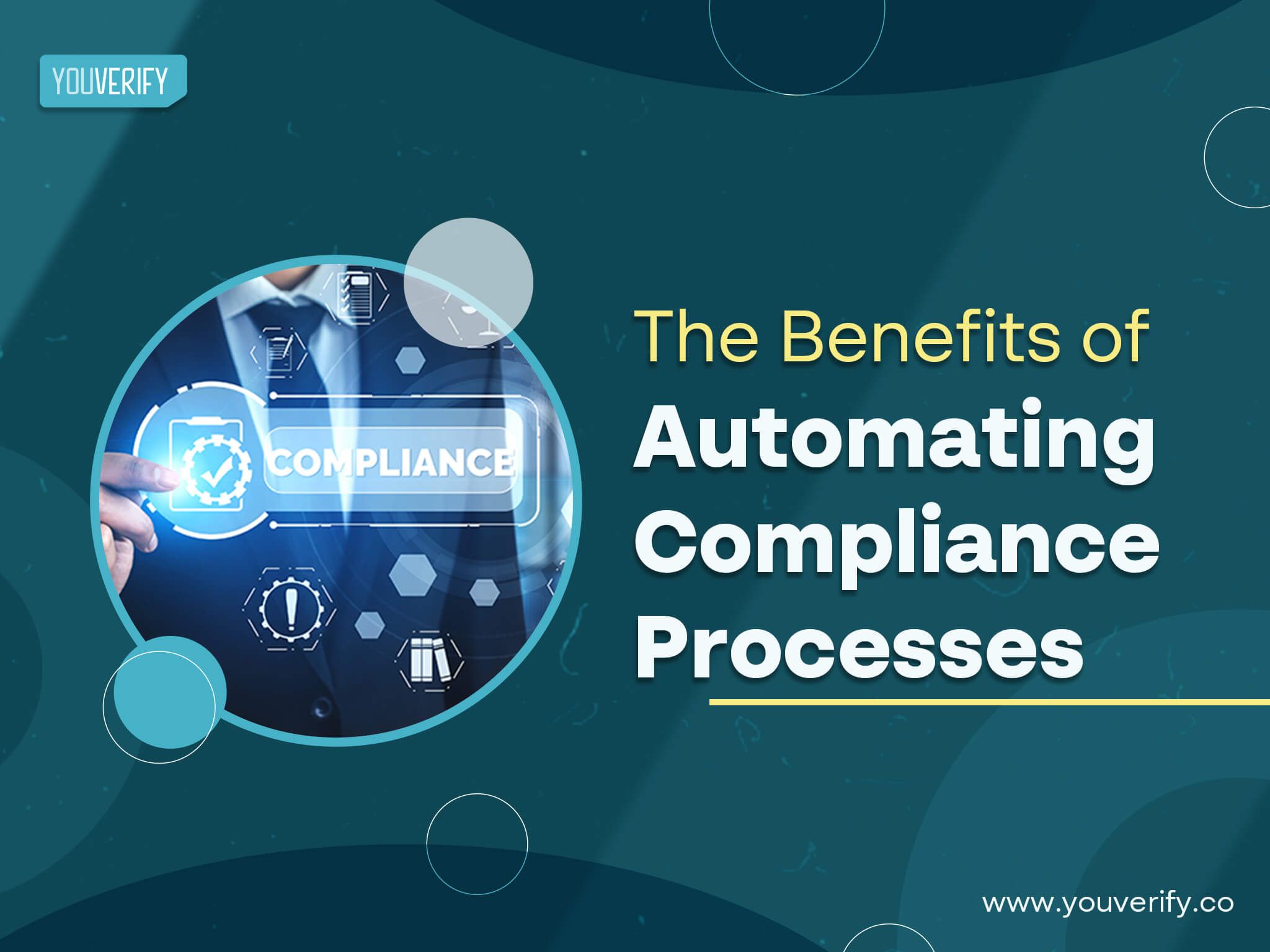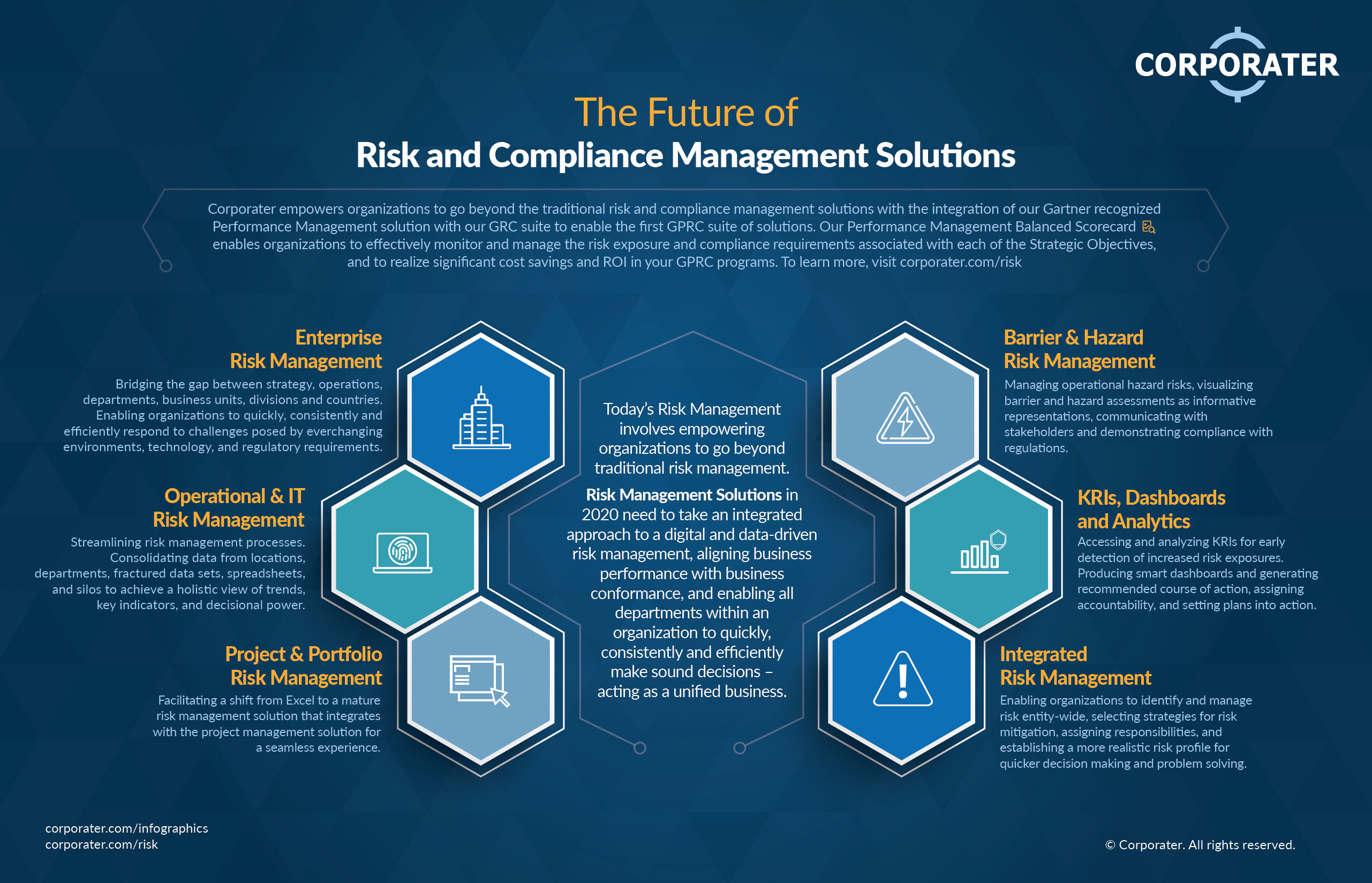Navigating the complex landscape of regulations is a constant challenge for businesses of all sizes. Failure to adhere to these rules can lead to significant financial penalties, reputational damage, and even legal action. Effective business compliance solutions are no longer optional – they are essential for survival and growth. This article will explore the critical importance of robust compliance programs, outlining key areas and providing actionable insights to help your organization achieve and maintain a strong compliance posture. Business compliance solutions are increasingly vital for businesses of all sectors, demanding proactive strategies and skilled professionals. The cost of non-compliance can be substantial, making it a priority to invest in preventative measures and expert guidance. Let’s delve into how businesses can effectively address these challenges and safeguard their operations.

Understanding the Importance of Business Compliance

The world of regulations is constantly evolving, with new laws and standards emerging regularly. From data privacy (like GDPR and CCPA) to environmental protection (like EPA regulations), businesses must stay informed and adapt their practices accordingly. Ignoring these requirements exposes companies to significant risks, including hefty fines, legal battles, and damage to brand reputation. Furthermore, non-compliance can erode customer trust and negatively impact stakeholder relationships. A proactive approach to compliance isn’t just about avoiding penalties; it’s about demonstrating a commitment to ethical behavior and responsible business practices. It’s about building a sustainable and trustworthy business that can thrive in the long term. The shift towards digital business has amplified the need for compliance, as data security and privacy regulations are increasingly stringent.

Key Areas of Business Compliance
Several key areas demand focused attention when it comes to business compliance. These include:

Data Privacy and Protection
Data privacy is arguably the most significant area of compliance today. Regulations like GDPR (General Data Protection Regulation) in Europe and CCPA (California Consumer Privacy Act) in the United States require businesses to collect, use, and protect personal data responsibly. Implementing robust data security measures, including encryption, access controls, and data breach response plans, is crucial. Furthermore, businesses must be transparent with customers about how their data is being used and provide them with the ability to exercise their rights, such as the right to access, correct, and delete their data. Failure to comply with these regulations can result in substantial fines and legal repercussions. Staying abreast of evolving data privacy standards is an ongoing process, requiring continuous monitoring and adaptation.

Anti-Money Laundering (AML)
AML regulations are designed to prevent financial criminals from using the financial system to launder illicit funds. Businesses involved in financial transactions, such as banks, investment firms, and online marketplaces, are subject to AML requirements. This includes implementing robust transaction monitoring systems, conducting customer due diligence, and reporting suspicious activity to the appropriate authorities. Maintaining accurate records, conducting regular audits, and training employees on AML policies are essential components of an effective AML program. The complexity of AML regulations can be daunting, requiring specialized expertise and ongoing vigilance.

Environmental Compliance
Environmental regulations are becoming increasingly stringent, driven by growing concerns about climate change and pollution. Businesses must comply with regulations related to emissions, waste management, and resource conservation. This may involve implementing energy-efficient technologies, reducing waste generation, and properly disposing of hazardous materials. Sustainability reporting and carbon footprint tracking are also becoming increasingly important, as customers and investors demand greater transparency on environmental performance. Investing in environmentally friendly practices not only reduces risks but also enhances a company’s brand image and attracts environmentally conscious consumers.

Labor and Employment Law
Compliance with labor and employment laws is paramount for businesses of all sizes. These laws cover a wide range of topics, including wage and hour regulations, workplace safety, discrimination, and employee benefits. Businesses must ensure they are providing fair wages, safe working conditions, and equal opportunities for all employees. Regular training programs and clear policies are essential for promoting a compliant and respectful workplace. Failure to comply with these laws can result in costly lawsuits, reputational damage, and legal penalties.

The Role of Technology in Business Compliance
Technology is playing an increasingly vital role in streamlining and enhancing business compliance efforts. Compliance software solutions automate many of the manual tasks involved in compliance, such as data collection, record-keeping, and reporting. These tools can help businesses improve efficiency, reduce errors, and ensure compliance with a wide range of regulations. Furthermore, technology can enhance visibility and control over compliance risks. AI-powered tools can analyze data to identify potential compliance violations and alert management to take corrective action. Cloud-based platforms provide secure and accessible access to compliance information, regardless of location.

Best Practices for Effective Business Compliance
Implementing a robust compliance program requires a strategic and proactive approach. Here are some best practices to consider:

Establish a Compliance Committee
Form a dedicated compliance committee comprised of representatives from various departments, including legal, finance, operations, and HR. This committee will be responsible for overseeing the compliance program and ensuring that it is aligned with the company’s overall business strategy.
Develop a Comprehensive Compliance Policy
Create a clear and comprehensive compliance policy that outlines the company’s expectations for compliance and provides guidance on key areas such as data privacy, AML, and environmental protection.
Conduct Regular Risk Assessments
Conduct regular risk assessments to identify potential compliance risks and prioritize areas for improvement.
Implement Employee Training Programs
Provide regular training programs to educate employees on relevant compliance requirements and best practices.
Maintain Accurate Records
Maintain accurate and complete records of all compliance activities, including training records, audit reports, and incident reports.
The Future of Business Compliance
The regulatory landscape is constantly evolving, and businesses must be prepared to adapt to new challenges. Looking ahead, several trends are shaping the future of business compliance:
Increased Regulatory Scrutiny
Regulators are increasingly focused on data privacy, cybersecurity, and ESG (Environmental, Social, and Governance) factors.
Focus on Automation and AI
AI and machine learning will play an increasingly important role in automating compliance tasks and improving compliance visibility.
Emphasis on Continuous Monitoring
Businesses will need to continuously monitor their compliance programs and adapt to changing regulations.
Greater Collaboration
Collaboration between businesses, regulators, and industry associations will become increasingly important.
Conclusion
Effective business compliance solutions are no longer an option – they are a necessity for success. By understanding the key areas of compliance, leveraging technology, and adopting best practices, businesses can mitigate risks, protect their reputation, and achieve sustainable growth. Investing in a proactive and comprehensive compliance program is an investment in the long-term health and prosperity of the organization. The challenges of today’s business environment demand a commitment to responsible practices and a proactive approach to regulatory compliance. Don’t wait until a problem arises – start building a strong compliance foundation today. Business compliance solutions are an integral part of a successful and sustainable business model.